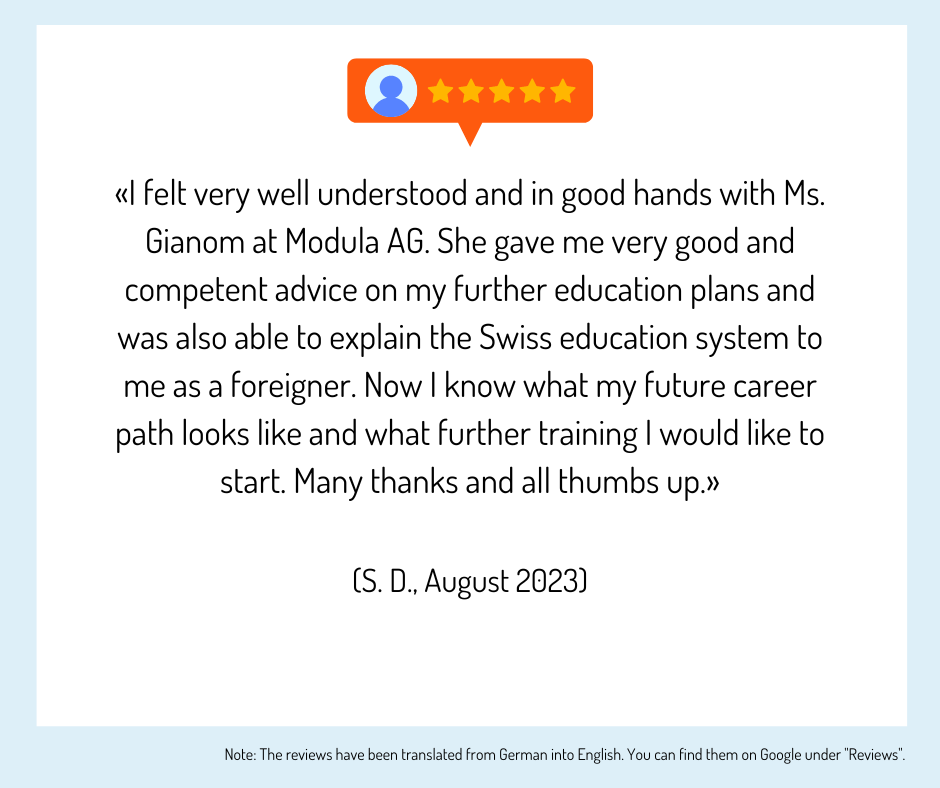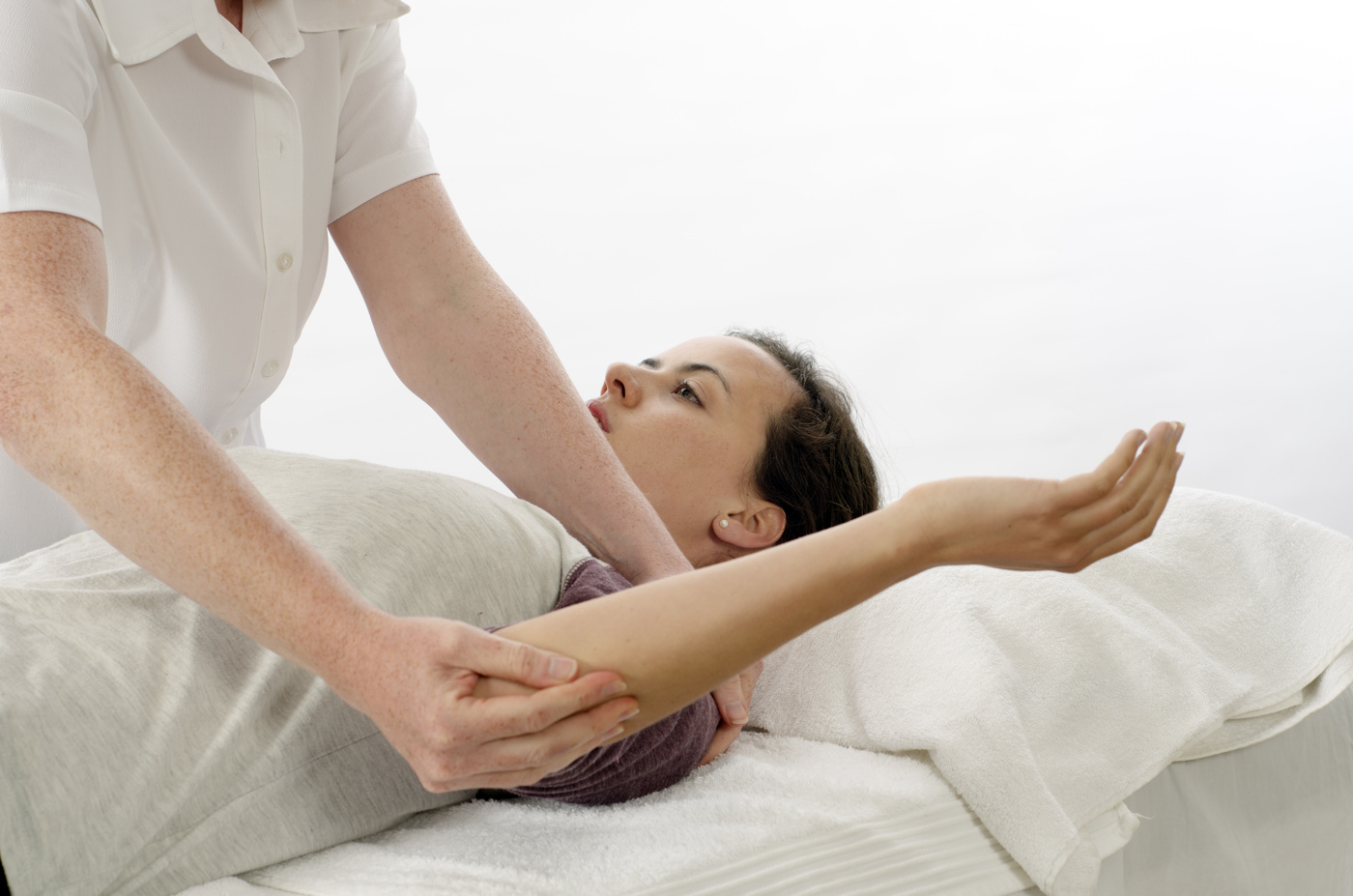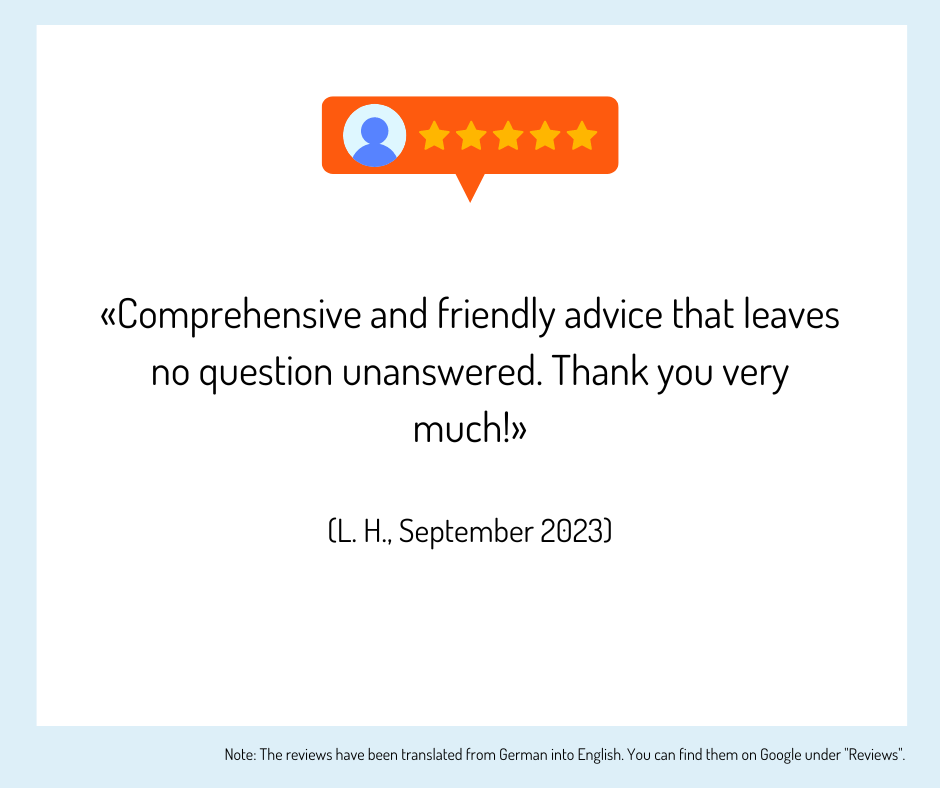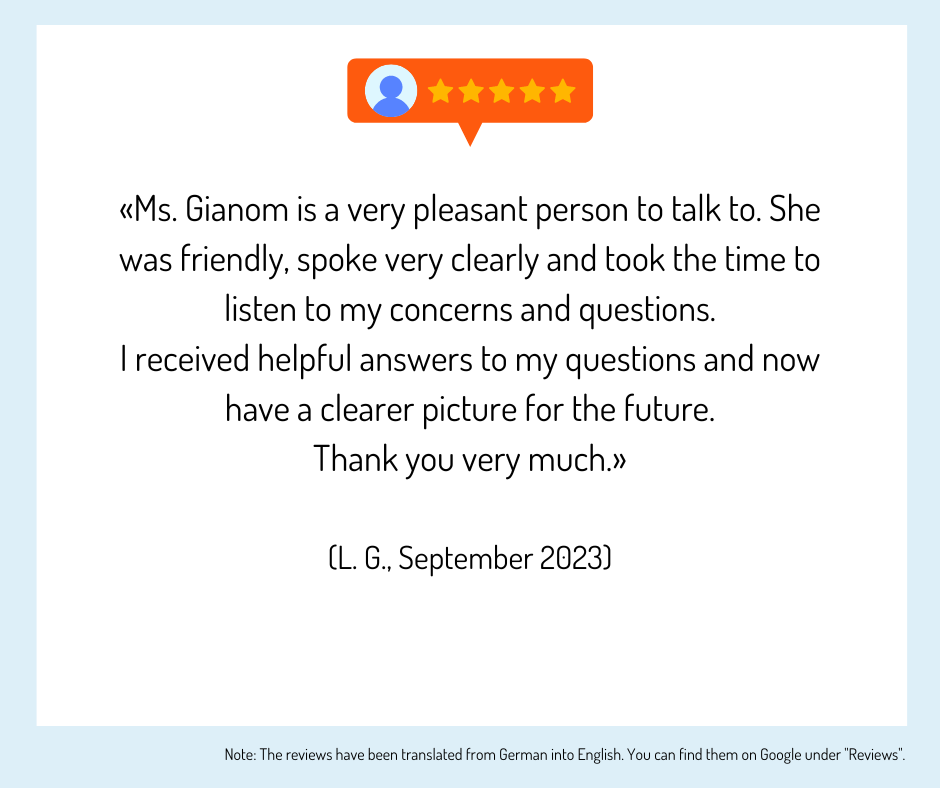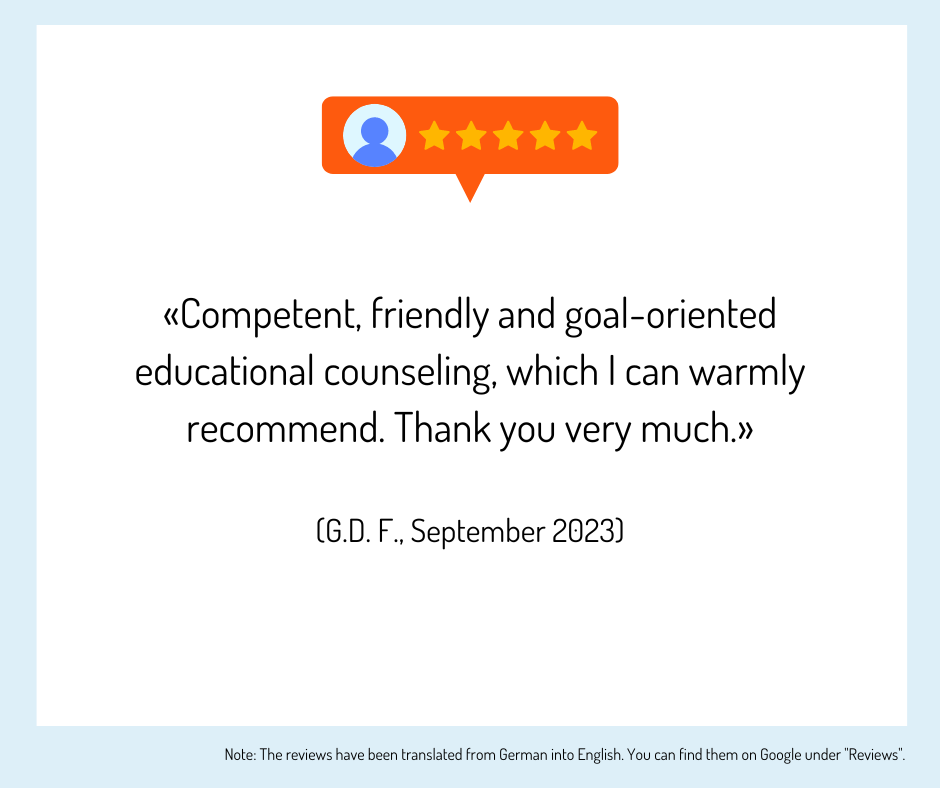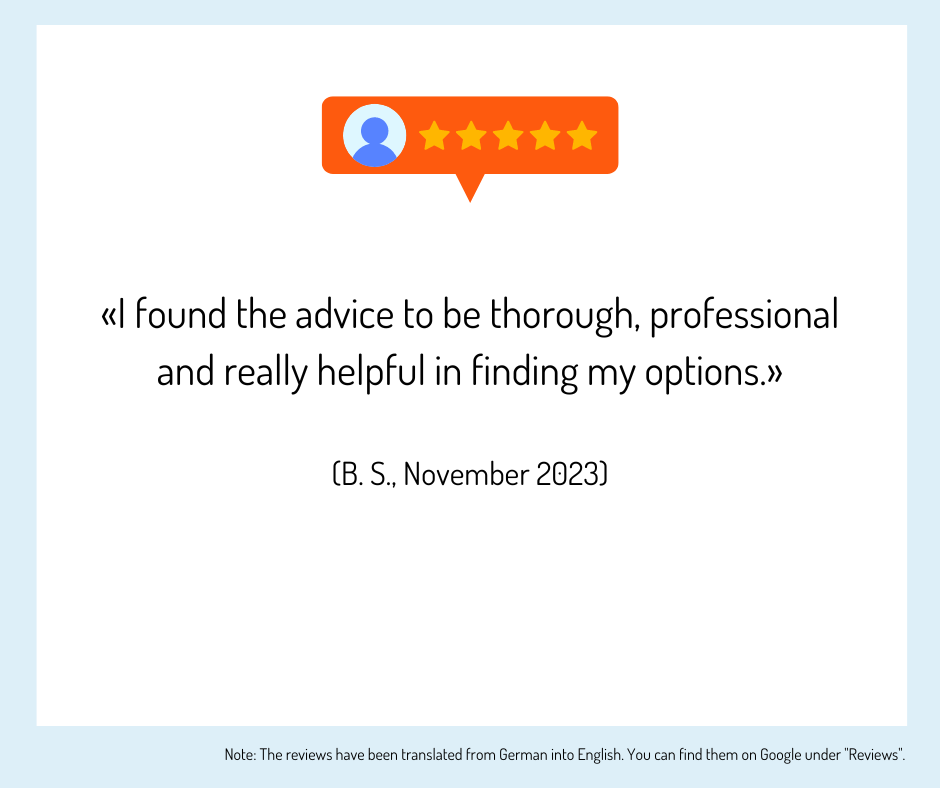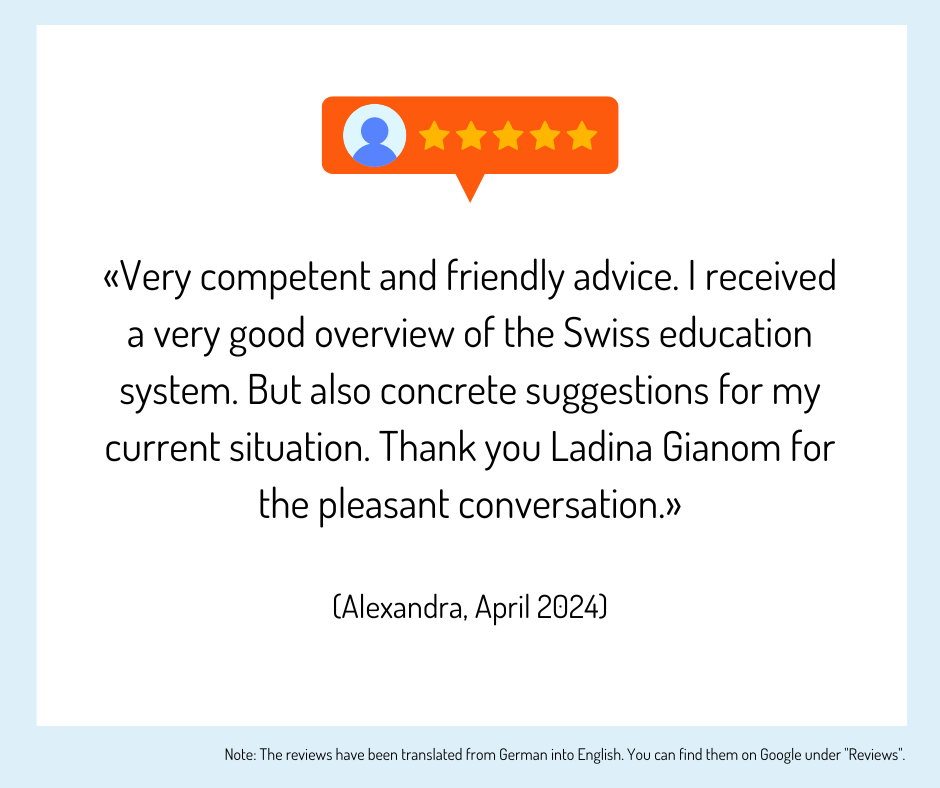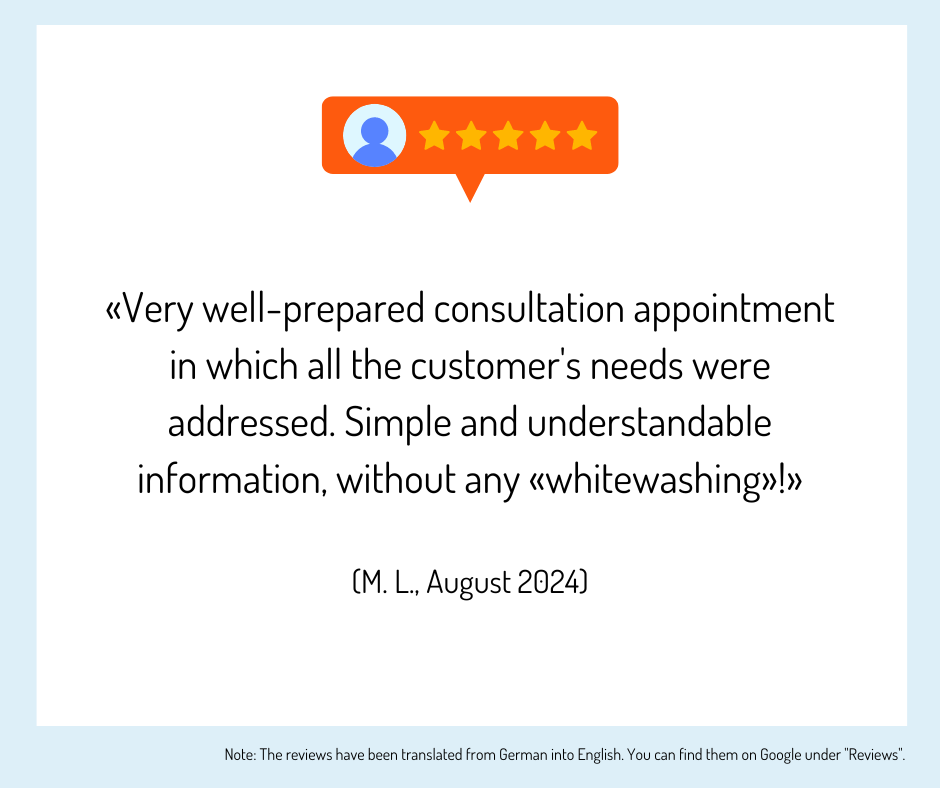Kinesiology (Cert.) (Aarau):
1 Provider
Receive free course information on Kinesiology: training, continuing education, further training, course, seminar, workshop, schools Aarau by e-mail immediately:
The following list shows you suitable providers:
Education location / Aarau schools
Questions and answers
Why go to a kinesiology practice?
The aim of kinesiology is to promote physical, emotional and mental balance and activate the body's self-healing powers. In a kinesiology practice, treatments are offered that are used for prevention or for existing complaints. They are suitable for people of all ages as well as animals (animal kinesiology). The spectrum of kinesiology treatments is wide: kinesiology is used, for example, for anxiety, stress, sleep disorders, allergies, headaches and digestive difficulties. Psychokinesiology, for example, allows us to access the conscious, unconscious, repressed, forgotten, unremembered traumas and unresolved emotional conflicts that affect us and our health.
Kinesiology self-test: Am I kinesiologically inclined?
The muscle test (usually with the arm) is the central working instrument of kinesiology. It also shows whether you have a kinesiological disposition. It is used to test the effect of external and internal influences on the body, as stressful situations and negative energy affect the flow of energy and muscle tension. With the muscle test, imbalances in the energy system can be detected and the individual, suitable balancing technique can be determined. For the test, the test person holds their outstretched arm horizontally at their side and the assistant presses the arm slightly downwards at the wrist until it gives way. The aim is to determine the energetic situation the person is in in order to identify negative influences.
Who is admitted to kinesiology courses for beginners?
Kinesiology courses for beginners are open to people who meet the following requirements:
- Completed basic education or high school diploma
- Communication skills
- Empathy
- Discretion
- Interest in health topics
- good powers of observation
- Well-groomed appearance
- great personal commitment
- an entrepreneurial flair
How long does kinesiology training take?
As there are very different training models, the duration of the individual kinesiology courses also varies depending on the course offered and the training institution. Some courses last just one day, others two days or several sessions over a longer period of time. A kinesiology training course with a diploma usually lasts three years and concludes with a diploma examination. Conventional medical training can take around two and a half years. Enquire at the training institute of your choice.
Kinesiology training: What knowledge and methods does a kinesiology diploma course teach?
Depending on the school, you will be taught different content and focus areas during your kinesiology training. Here are some of the focal points within the course:
- Integrative psychological work
- Learning kinesiology
- the five Chinese elements
- Chinese medicine
- Past and present
- States of anxiety
- Stress management
- Unpleasant behavior patterns
- release blocked emotions
- Ethics
- Muscle work
- Nutrition
- Communication patterns
- Congruence and competence
- Partnership profile
Become a kinesiologist: What training and further education courses are there in the field of kinesiology?
There is a wide range of interesting courses on the subject of kinesiology, so you can be sure to find the right course for your needs. Most schools offer the following courses:
- Basic courses "Kinesiology courses for beginners" (usually multi-day beginner courses for non-professionals such as Braingym or Touch for Health) to become a kinesiologist
- Advanced courses (building on the basic courses)
- Basic courses in conventional medicine (e.g. provides insights into anatomy/physiology or psychology/psychosomatics)
- Diploma courses (comprehensive diploma training)
- Courses in conventional medicine (as a supplement to health insurance recognition and registration with EMR, ASCA, etc.)
- Further training courses (courses as a trained kinesiologist)
- Special courses (can include many things, such as conversation management, counseling, Matrix-Live, experiential education settings...)
What can you do after training in kinesiology?
After training in kinesiology you can:
- Working as a kinesiologist
- Measure energy blockages with a special muscle test
- Release blockages with gentle manual techniques (Touch for Health)
- Apply physical exercises and relaxation techniques
- combine different methods from Western and Chinese medicine
- Make nutritional recommendations
- Instruct special exercises to promote the ability to concentrate and learn (Brain Gym)
- work independently in your own practice
Tips, tests and information on "Kinesiology (cert.)"
Erfahrungen, Bewertungen und Meinungen zur Ausbildung / Weiterbildung
Haven't found the right training or further education yet? Benefit from educational advice now!
Further training is not only important in order to maintain or increase professional attractiveness, investing in training or further training is still the most efficient way to increase the chances of a pay rise.
The Swiss education system offers a wide range of individual training and further education opportunities - depending on your personal level of education, professional experience and educational goals.
Choosing the right educational offer is not easy for many prospective students.
Which training and further education is the right one for my path?
Our education advisory team will guide you through the "education jungle", providing specific input and relevant background information to help you choose the right offer.
Your advantages:
You will receive
- Suggestions for suitable courses, seminars or training programs based on the information you provide in the questionnaire
- An overview of the different levels and types of education
- Information about the Swiss education system
We offer our educational counseling in the following languages on request: French, Italian, English
Register now and concretize your training plans.
